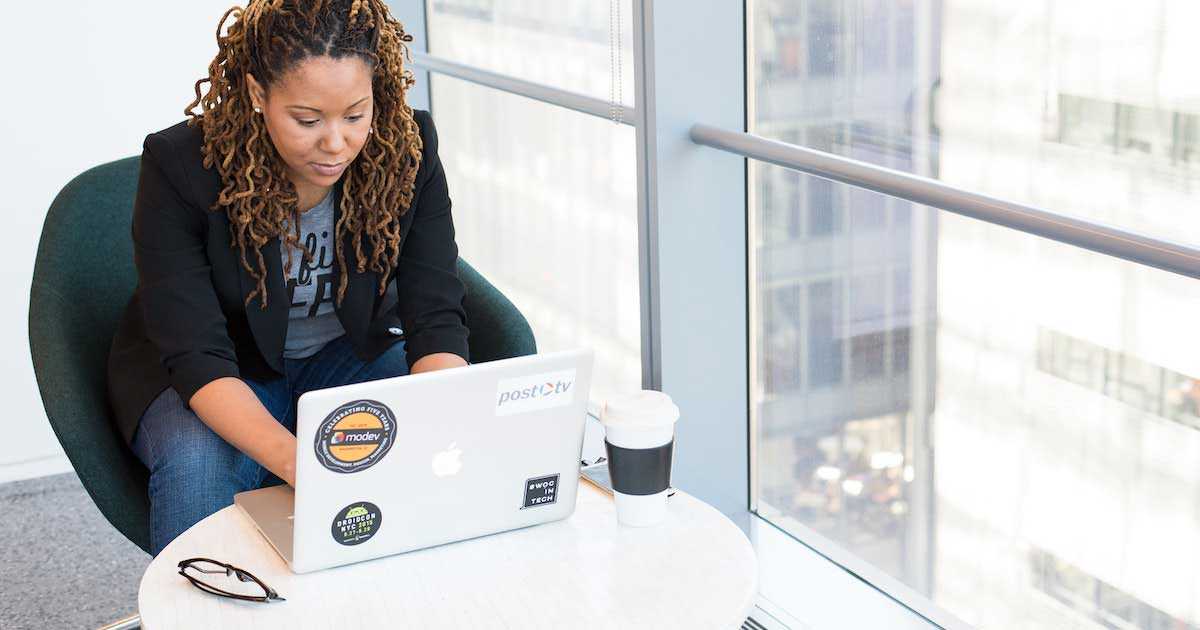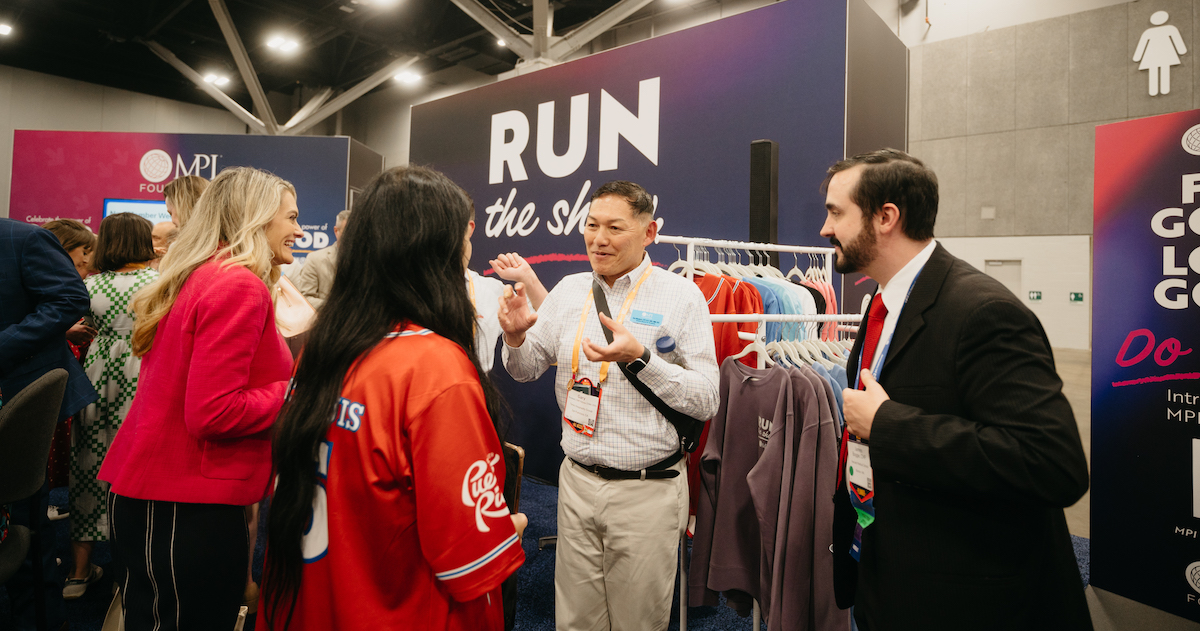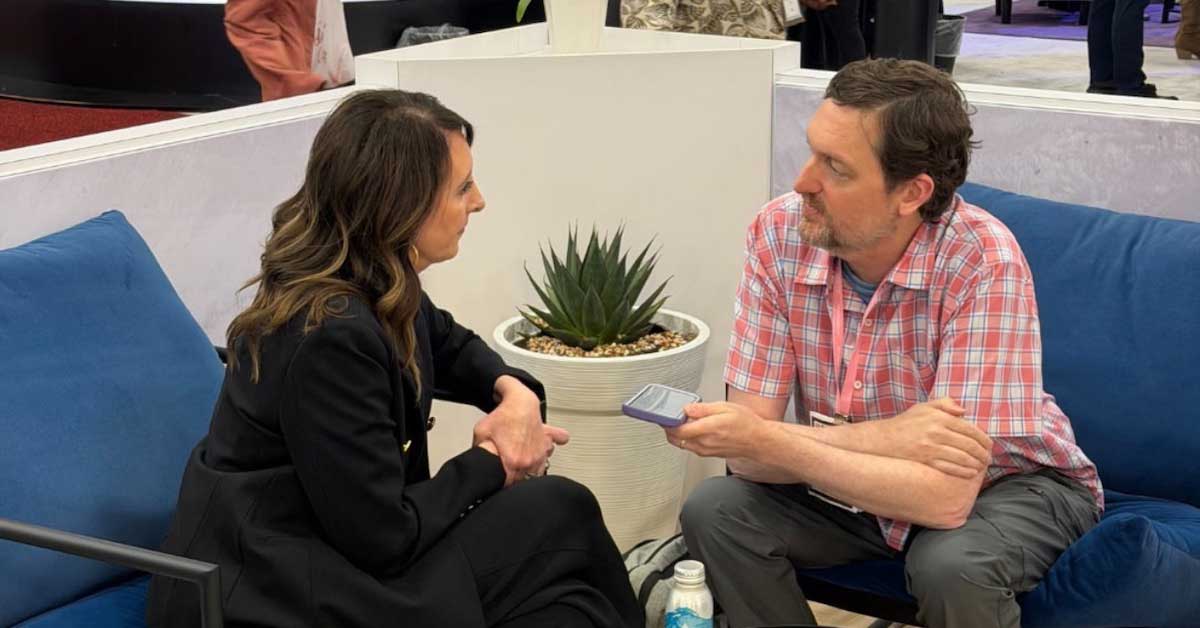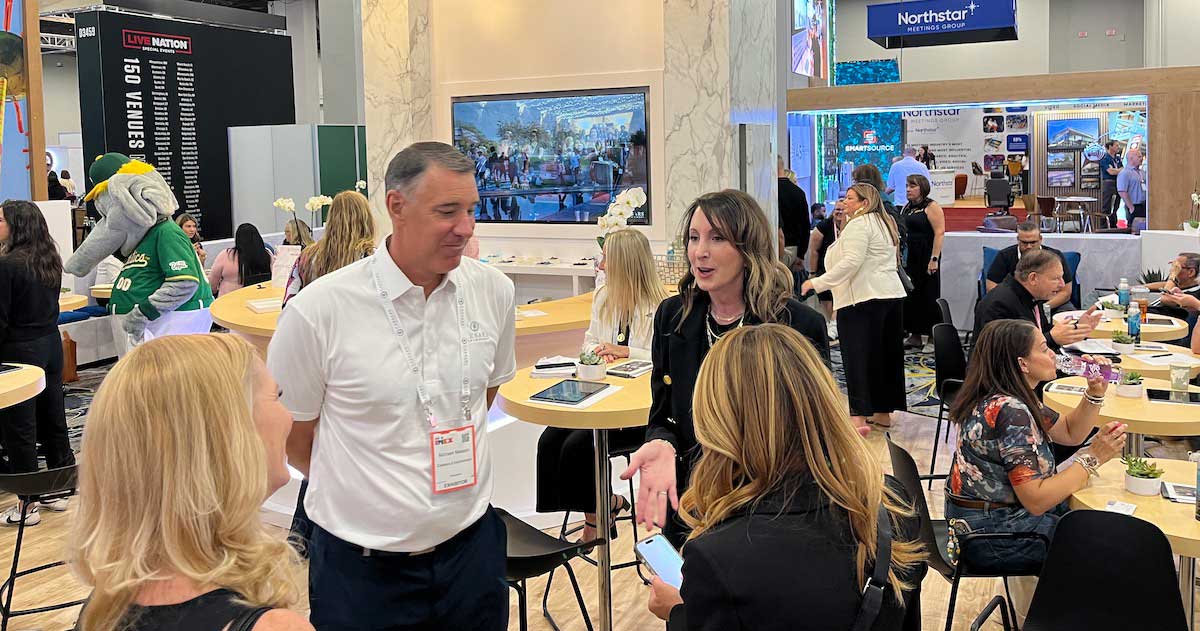This may come as a shock to many, but gender equality had actually made some strides in the past 30 years, particularly in the realm of workforce participation and education, the latter of which saw 35 countries achieving full parity and 120 countries closing at least 95 percent of their education gaps.
The coronavirus tossed wrench in the works this year, as many women not only have lost and continue to lose their jobs, but are also recalibrating work-life balance to accommodate the home needs of their families, which are now oftentimes multigenerational. Amplifying the COVID effect in the U.S. is the fact that women hold around 75 percent of all social sector jobs, such as hospitality and tourism.
I visited the MPI Women community to glean insights into how members were fairing during the outbreak. This is where I met Jennifer Wellington, founder of Woman to Woman Together, a new series of monthly discussions by experts related to women’s empowerment, self-care, self-love, sisterhood and creativity. Wellington was rallying the women in the forum on that particular day around the idea that we, as women, will rise again.
Why do you believe women are being disproportionately affected by COVID-19 and what measures can our industry take to mitigate these effects?
Wellington: In some business cultures, I think women are still thought to be expendable or not taken seriously. And if you have children, that plays a huge role too. It is thought you can’t have the job and the family and manage both well. With COVID-19, life-work balance basically evaporated. Who is doing the majority of the homeschooling? If you’re homeschooling, making time for work, taking care of household and family, there is not much time left over. I read an article in the New York Times in which a woman who owned a small business had to close her business to help her stay-at-home husband care for their 3-year-old. [In terms of what measures we can take], support and recognizing things are difficult at this time, providing flexibility in schedules (if possible) and offering assistance in training.
Like many other forms of discrimination, sexism is systemic. What does women’s empowerment mean at the institutional level? And what’s missing therein to fully support the self-actualization of women?
Women’s empowerment, and recognizing it, would lead to more women being in positions of power—changemakers, economic power, development and expansion. Missing are equality and representation. Women are still being paid less than men ($.81 for every $1 a man earns) and we are not in the high-ranking positions. Opportunities, whether through policy or awareness, need to be presented and/or offered to women where we can step into our power.
What are a few self-care modalities that women in lockdown—those juggling businesses and now the role of being teacher to their children as well—can implement in “bursts” on a daily basis?
Self-care is so vital. If you are drained, then you have nothing to give to your work or your family. Take five minutes to meditate—sit in stillness, focus on your breath, check in with how the body feels. Go for a short walk. Ensure you’re eating and hydrated. Set aside the time to do something pleasurable. Read, play a game with your children, or maybe you have a hobby. These self-care practices don’t have to take a big chunk of time from your day. You may be able to squeeze in two or three self-care sessions in a day!
Oftentimes, the nature of traditional corporate culture creates an environment where women feel they must compete with other women. How can “sisterhood’ be integrated in these situations to create environments that help all women rise?
Yes, this is disheartening. We all have talents and skills and add value. In sisterhood, we get to explore, encourage and celebrate what each individual brings to the table. There is support. And in turn, that creates a culture of growth and success for the individual and the company. The best thing is to communicate—start the conversation on how women can be in sisterhood and support each other. Discuss wants, needs and goals. This will look different from among sisterhoods.








